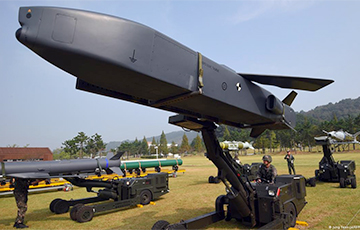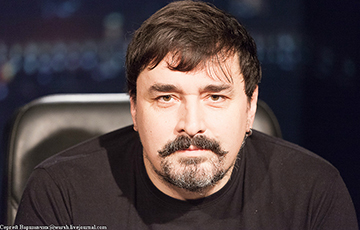Will Reach Moscow: Germany And Britain Will Create A "super-Taurus"
3- 18.07.2025, 9:30
- 5,894

The first information about the rocket has emerged.
Germany and Britain, which signed a strategic treaty on July 17 that provides, among other things, for mutual assistance in each other's defense, have agreed to begin work on a next-generation long-range missile, the "super-Taurus."
Moscow in the crosshairs
As The Telegraph reports, such a missile should be developed within the next 10 years. So far, there are few details about the new weapon, but it is known that the range of the missile should be 2,000 kilometers. Thus, the "super-Taurus" will be able to reach from Berlin to Moscow (from the German capital to the Russian capital in a straight line is 1663 km).
The new missile will be a development of the existing German Taurus system, the range of which is about 500 km. Germany has about 600 of these munitions and they are considered among the most powerful in the country's arsenal.
The Taurus missiles have regularly been the subject of public and political debate over the German government's refusal to transfer the weapon to Ukraine. Strengthening allied ties The agreement signed between Berlin and London provides for mutual defense support and coordination of military supplies.
Journalists call it the most ambitious agreement between the two countries since the end of World War II. The treaty is also part of the emerging "triangular alliance" between Britain, Germany and France, an initiative aimed at strengthening Europe's security amid the ongoing threat from Russia.
Although both countries are already bound by Article 5 of the NATO Charter, the new agreement is designed to strengthen bilateral defense cooperation.
Germany is Europe's key military power
"The 'super-Taurus' project between Britain and Germany, which has yet to be formally confirmed, is part of a wider effort by Merz to make Germany a key military power in Europe," the publication notes.
In May, the CDU leader introduced historic reforms that opened the door to unlimited defense funding in Germany.
Merz also created a special €500 billion (£430 billion) infrastructure fund to repair the country's deteriorating road and rail network - infrastructure needed to move tanks and troops to NATO's eastern flank in the event of war with Russia.











